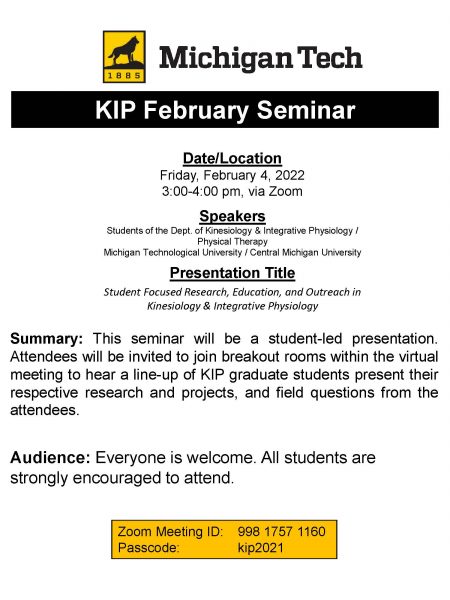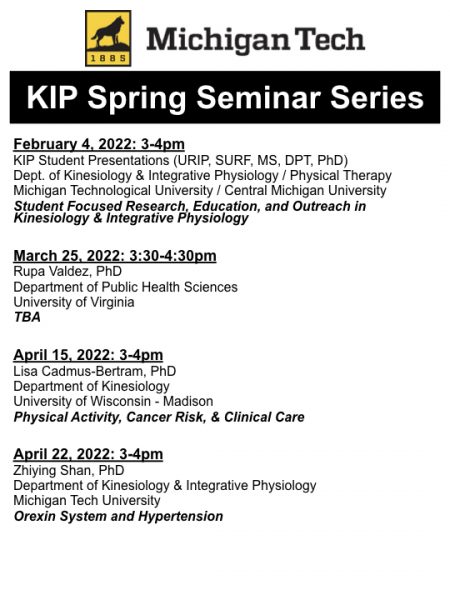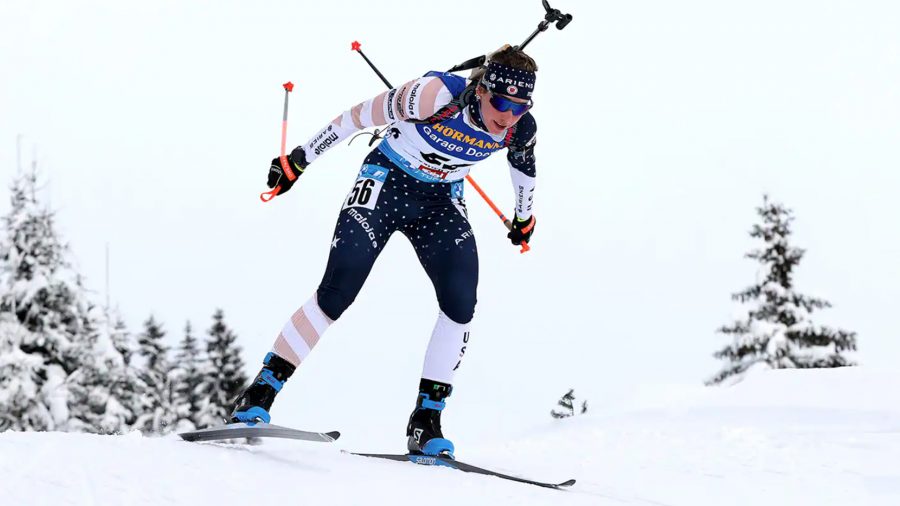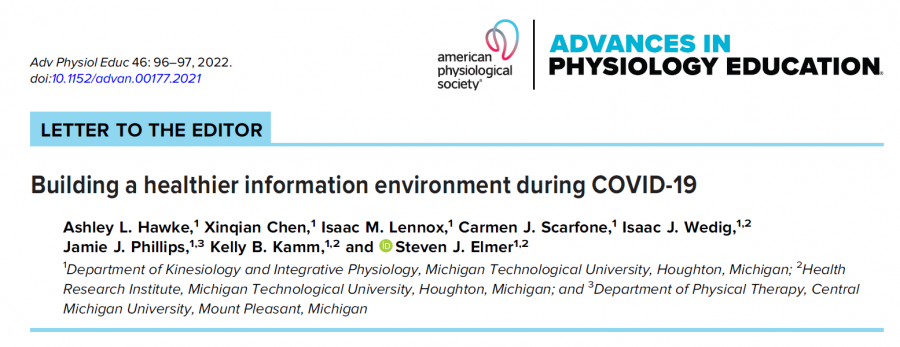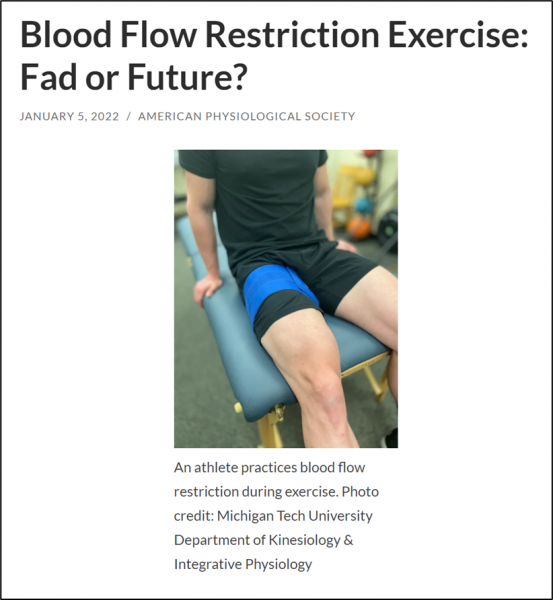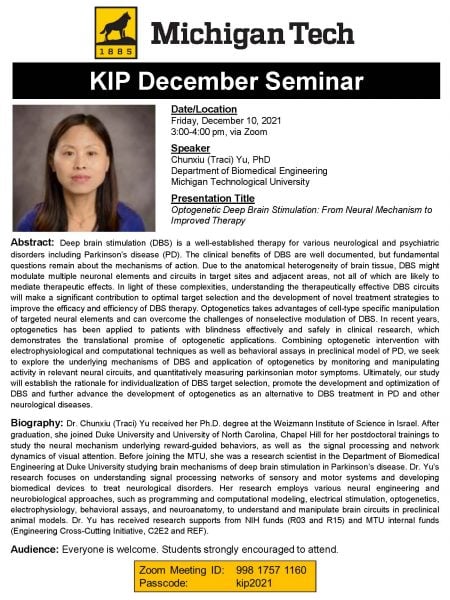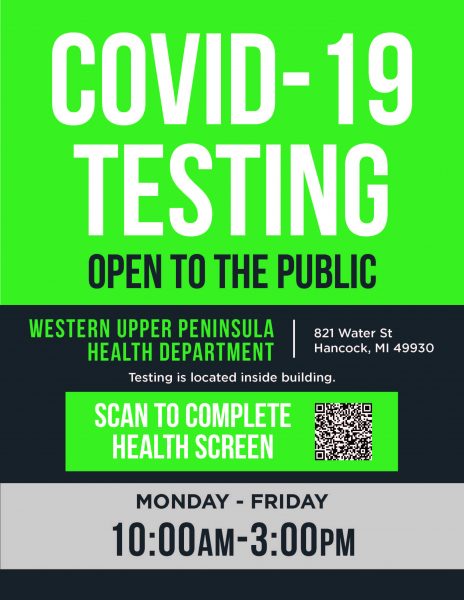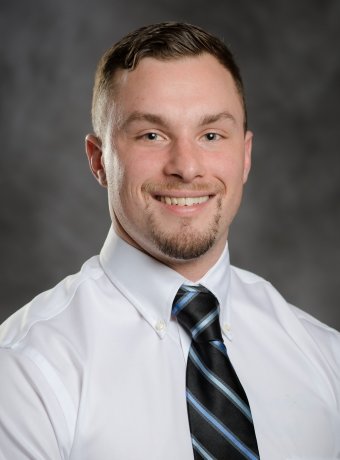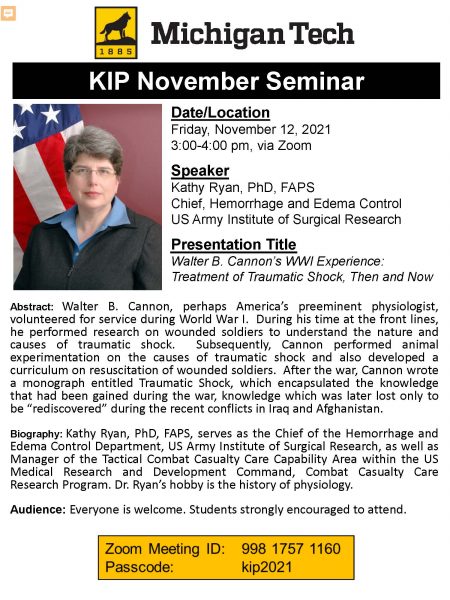Please join us on Friday, February 4, from 3 to 4 pm through Zoom for a special student-led presentation.
KIP graduate students will be presenting their research to a virtual audience. Everyone is welcome to attend, and all attendees are encouraged to participate as the students field questions during their presentations.
Please see the flyer below for more details and for the Zoom meeting information.
